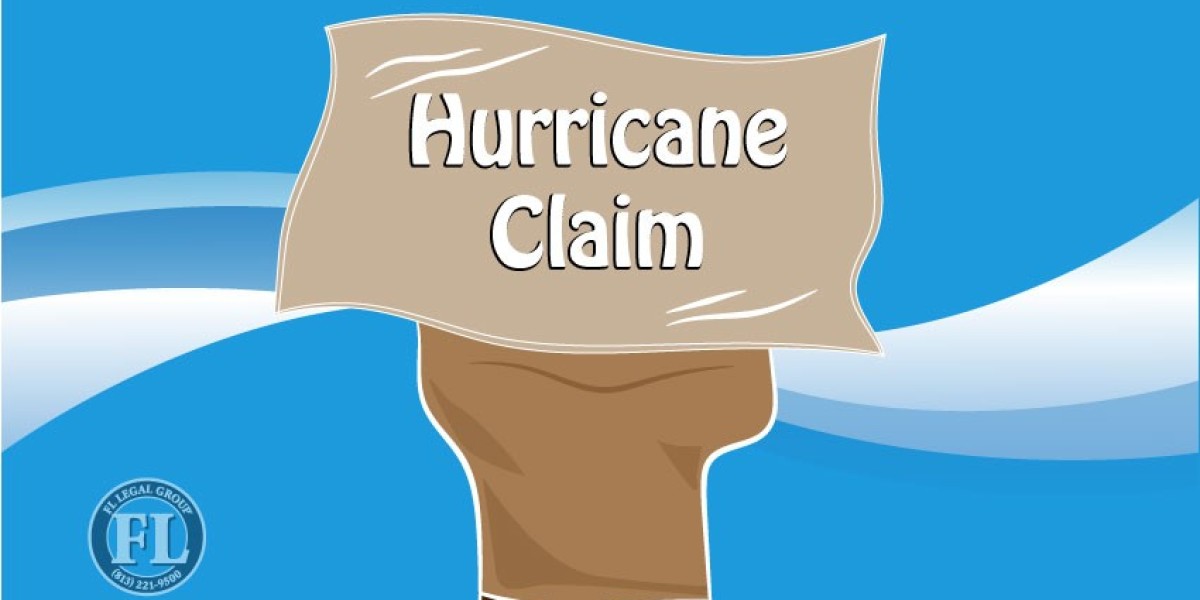Hurricanes are natural disasters that can wreak havoc on properties, causing significant damage and disruption. In the aftermath of such events, navigating the insurance claims process can be daunting. This article aims to guide you through the essential steps to prepare for a hurricane claim effectively.
Introduction to Hurricane Claims
Understanding the basics of hurricane claims is crucial for homeowners and business owners alike. Hurricanes can cause extensive damage to properties, leading to financial losses. Being prepared and informed can make a significant difference in the outcome of your claim.
Insurance Coverage for Hurricanes
Before a hurricane strikes, it's essential to review your insurance policy to understand what is covered and what isn't. Most standard homeowners' insurance policies include coverage for wind damage, but additional coverage may be required for flooding and other hurricane-related perils.
Documentation and Inventory
In the event of damage, thorough documentation is key to a successful claim. Before a hurricane hits, take inventory of your belongings and document their condition. Keep important documents, such as insurance policies and contact information, in a safe and accessible place.
Safety Measures Before and During a Hurricane
Prioritize safety by securing your property and following evacuation orders if necessary. Board up windows, secure outdoor furniture, and trim trees to minimize potential damage. During the storm, stay indoors and away from windows, and listen to local authorities for updates and instructions.
Initiating the Claims Process
After the storm has passed, contact your insurance provider as soon as possible to initiate the claims process. Be prepared to provide detailed information about the damage, including photographs and videos if available.
Working with Adjusters
Insurance adjusters will assess the damage to your property and determine the extent of coverage. Cooperate with them by providing access to your property and any necessary documentation to support your claim.
Filing Your Claim
Complete the necessary paperwork promptly and accurately to avoid delays in processing your claim. Be aware of deadlines for filing claims and submitting documentation to your insurer.
Understanding Deductibles and Limits
Review your policy to understand your deductible amount and any coverage limits that may apply. This will help you manage your expectations regarding reimbursement for repairs and replacements.
Negotiating Settlements
If you believe your claim has been undervalued or unfairly denied, don't hesitate to negotiate with your insurer. Seek assistance from a public adjuster or legal counsel if needed to ensure you receive a fair settlement.
Appealing Denied Claims
If your claim is denied, review the reasons provided by your insurer and gather additional evidence to support your case. Follow the appeals process outlined in your policy and escalate the matter if necessary.
Tips for a Smooth Claims Process
Maintain open communication with your insurer throughout the claims process. Keep organized records of all interactions, including emails, phone calls, and written correspondence, to help resolve any disputes that may arise.
Rebuilding and Restoration
Once your claim has been approved, hire reputable contractors to repair and restore your property. Be involved in the process to ensure that repairs are completed to your satisfaction and in compliance with local building codes.
Updates and Follow-Ups
Stay informed about the status of your claim by regularly following up with your insurer. Address any outstanding issues promptly to avoid further delays in the settlement process.
Reviewing Your Policy
After the claims process is complete, take the time to review your insurance policy and make any necessary adjustments based on your experience. Consider additional coverage options to better protect your property against future hurricanes.
Conclusion
Preparing for a hurricane claim requires proactive planning and diligence. By understanding your insurance coverage, documenting your belongings, and following the proper procedures, you can navigate the claims process with confidence and ensure a swift recovery from the storm's aftermath.
FAQs
How soon should I contact my insurance company after a hurricane?
It's best to contact your insurer as soon as it's safe to do so after the storm has passed.
What should I do if my claim is denied?
Review the reasons for denial provided by your insurer and gather additional evidence to support your case. Consider appealing the decision if you believe it's unjust.
Can I handle the claims process on my own, or do I need professional assistance?
While you can handle the process independently, seeking help from a public adjuster or legal counsel can be beneficial, especially if you encounter challenges with your insurer.
How long does it typically take to settle a hurricane claim?
The timeline for settling a claim can vary depending on the extent of the damage and the complexity of the case. It's essential to stay in communication with your insurer and be patient throughout the process.
What steps can I take to mitigate damage to my property before a hurricane?
Securing your property, following evacuation orders, and having a disaster preparedness plan in place can help minimize damage and ensure your safety during a hurricane.



